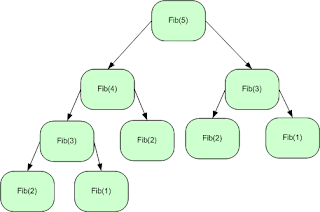I use the term “recursion” to refer to the embedding of thoughts within thoughts. Recursion is often considered a defining feature of human language, in that phrases may be inserted within phrases, as in: The man who liked bananas was chased by a hen. But recursion applies more generally to the way we think. For example, I may know what you’re thinking, and even know that you know that I know what you’re thinking. Similarly, we can embed past or future experiences into our present consciousness, as when we reminisce about a past event or plan a future one. More generally, we can escape from the present by inserting purely imaginary events into the stream of consciousness. Fantasy is an important aspect of our lives, and explains our obsession with fiction, television soaps, drama, and stories around the campfire. Recursion also allows us to think about our own thoughts, which may underlie the notion of self.
Instead of being part of language itself, I have argued that these recursive processes are prerequisites for language. Language is indeed uniquely designed to enable us to share thoughts, and to communicate about events that are not in the immediate present—to reminisce, plan, fantasize, and gossip. There is little evidence that other species think in this recursive fashion, or that they have communication systems to convey these recursive thoughts.
It has even been suggested that recursive thinking is critical to the concept of a deity. The British anthropologist Robin Dunbar suggests that the notion of a God who is kind, who watches over us, who punishes, and who admits us to heaven if we are suitably virtuous, depends on the understanding that other beings—in this case a supernatural one—can have humanlike thoughts and emotions. Indeed, Dunbar argues that several levels of recursion are implied, since religion is a social activity, dependent on shared beliefs. The recursive loop, he suggests, runs something like this: I suppose that you think that I believe there are gods who intend to influence our futures because they understand our desires.
Instead of being part of language itself, I have argued that these recursive processes are prerequisites for language. Language is indeed uniquely designed to enable us to share thoughts, and to communicate about events that are not in the immediate present—to reminisce, plan, fantasize, and gossip. There is little evidence that other species think in this recursive fashion, or that they have communication systems to convey these recursive thoughts.
It has even been suggested that recursive thinking is critical to the concept of a deity. The British anthropologist Robin Dunbar suggests that the notion of a God who is kind, who watches over us, who punishes, and who admits us to heaven if we are suitably virtuous, depends on the understanding that other beings—in this case a supernatural one—can have humanlike thoughts and emotions. Indeed, Dunbar argues that several levels of recursion are implied, since religion is a social activity, dependent on shared beliefs. The recursive loop, he suggests, runs something like this: I suppose that you think that I believe there are gods who intend to influence our futures because they understand our desires.

No comments:
Post a Comment